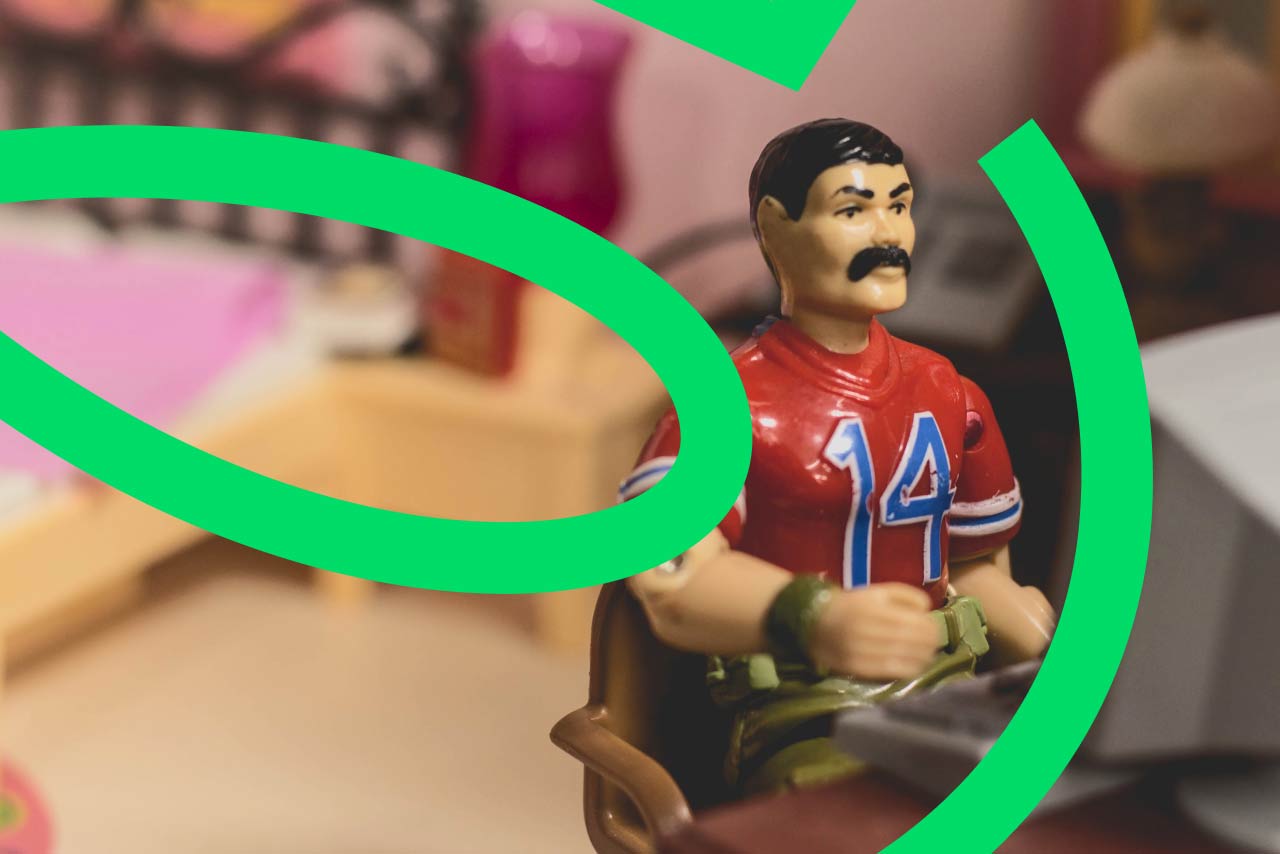Can Introverts Be Great Leaders? Here’s What Science Says

on November 04, 2025 • 3 minute read

Think you have to be an extravert to be a great leader? Think again.
For freelancers and solopreneurs, leadership often means guiding clients, collaborators, and projects — not commanding big teams. Yet many introverts (and ambiverts) still worry that their quiet nature limits their potential.
New research published in the Journal of Applied Psychology shows it’s not extraversion that predicts leadership success — it’s communication skill. And the best part? That’s something anyone can learn and improve.
Quick Takeaway:
- You don’t need to be an extravert to be a great leader.
- Research shows communication skill — not personality — drives leadership success.
- Introverts and ambiverts often excel in deliberate, thoughtful decision-making.
- Building better communication habits can boost confidence and leadership potential for freelancers.
Can Introverts Be Great Leaders?
Much of our success in business is based on our ability to build strong relationships with clients and colleagues. In previous articles, I’ve explored the things that can set freelancers and solopreneurs apart on these dimensions, For instance, we know that:
- Expressing long-term commitment to our clients and colleagues encourages group cohesion and stability
- Giving colleagues space to pursue their own ideas even when we might not agree with them strengthens our ties with others
We also know that freelancers possess personality traits that make them particularly well-positioned for career success. For example, freelancers tend to be:
- More self-confident than most (but not in a boastful or conceited way)
- Emotionally stable and clear-sighted, possessing a natural ability to cope with complicated and/or ambiguous situations
- Somewhat impulsive, but in a way that allows you to spot a trend before it becomes mainstream
What Research Says: Communication Skills Trump Personality
Many freelancers assume extraversion is the key to leadership. But studies in introvert vs extravert leadership reveal that communication skills and clarity of expression matter far more than personality type.
And, new research published in the Journal of Applied Psychology teaches freelancers and solopreneurs not to doubt their leadership potential even if they don’t feel like they fit the classic ‘extraverted’ leader mold.
“For years, introverts have been told that they're at a disadvantage, compared to extraverts, in terms of being viewed as leaders,” comments James Lemoine, Associate Professor at the University at Buffalo School of Management in the United States and lead author of the study. “This was troublesome because extraversion is not really something that can be taught; it's a relatively stable personality difference. If this was true, then there would be nothing introverts could do to resolve or improve that disadvantage. But our research shows that it's communication skill, not extraversion, that is the important driver of leadership perceptions. That's important because communication skills can be learned, which means anyone can develop their communication skills to enhance their leadership potential.”

To arrive at this conclusion, the researchers recruited over 400 university undergraduates to take part in a group decision-making study. They split participants into small groups and asked them to consider various initiatives being proposed by a fictitious company. Participants were asked to discuss the merits of each initiative with other members of their group.
After discussing the initiatives, participants rated each other on a measure of leadership potential (i.e., “To what extent did you rely on [participant name] for leadership?” 1 = not at all; 5 = to a great extent). Participants also filled out a scale measuring trait extraversion. Finally, the researchers videotaped the conversations so they could evaluate each member’s communication skills.
The results showed that communication, not extraversion, was the key factor driving perceptions of leadership potential — and that extraverts weren’t any better at communicating in the group setting than introverts. In fact, in certain cases, introverts and ambiverts had the upper hand.
“Some research shows that introverts may have advantages in many leadership situations, such as when more deliberate and methodical paces are appropriate,” says Lemoine.
Great communication starts with self-awareness. Here’s how to overcome self-criticism as a freelancer.
How Building Connection Improves Mood and Leadership Confidence
Other new research goes one step further, encouraging people who grapple with social anxiety to meet people and forge new relationships. Not only will this help them in their business endeavors, but they’ll also feel better.
"Quality contact with other people serves as a reliable mood enhancement strategy," say the authors, led by Fallon Goodman of the University of South Florida. “Contrary to lay belief, we found that people with social anxiety were happier when with others than alone. Feeling anxious or concerned about socializing does not preclude experiencing pleasure while socializing."
How Freelancers Can Strengthen Their Leadership Skills
You don’t need to be loud to lead. True leadership — especially in freelancing — is built on empathy, clear communication, and the courage to connect with others.
Focus on listening well, speaking clearly, and showing up consistently. Whether you’re introverted, ambiverted, or extraverted, great leadership is a skill you can learn — and it starts with how you communicate.
FAQ: Introverts and Leadership
Q1: Can introverts be good leaders?
Yes. Research shows introverts can be as effective — or even more effective — than extraverts, especially when communication is clear and thoughtful.
Q2: What’s more important for leadership — extraversion or communication?
Studies in the Journal of Applied Psychology found communication skill is the strongest predictor of leadership success.
Q3: How can freelancers develop leadership skills?
Practice public speaking, active listening, and clear communication with clients. Confidence grows with consistent collaboration.
Q4: Does social anxiety affect leadership ability?
Not necessarily. Research shows that positive social interactions improve both mood and self-perception — even for those with social anxiety.
About Mark
Mark Travers, Ph.D., is an American Psychologist with degrees from Cornell University and the University of Colorado Boulder. Xolo helps him run his online therapy practice, www.awake-therapy.me, from whatever part of the world he is currently living in.
Related blogs
Subscribe to
our newsletter
and get the latest updates and expert
business tips straight to your inbox.
